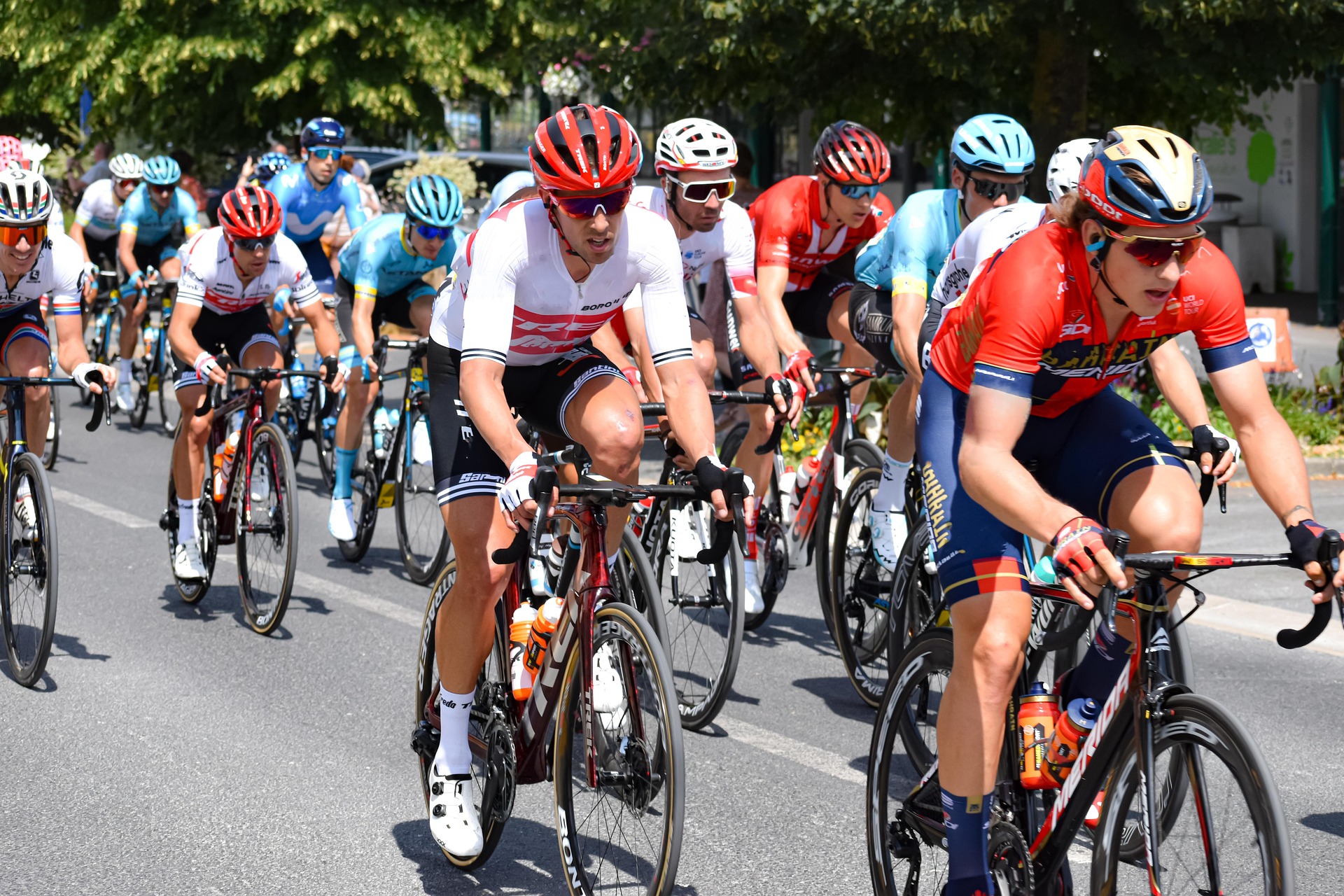
Peak performance in elite sport relies on a myriad of physical and mental capacities - and now there is an increasing consideration of the role of good sleep for training and competition performance.
A new study led by Flinders University sleep experts in collaboration with Lumin Sports uses data from Garmin smartwatches and other monitoring technology to explore sleep, wellbeing and performance of elite male cyclists competing in the world's most famous bike race - the Tour de France.

"We tracked how riders slept, felt, and performed during the demanding three-week race, as well as before and after, during preparation and recovery," says Josh Fitton, from the Flinders Health and Medical Research Institute (FHMRI) Sleep Health research group in the College of Medicine and Public Health.
"Interestingly, the riders pushing the hardest - as measured by a metric named the 'Performance Index' - tended to sleep less and reported lower sleep quality during the race.
"So, the riders you see leading the race might be sacrificing their sleep in the process."
PhD candidate Mr Fitton's study used data collected from eight team cyclists who competed in the 2020 Tour de France event - using smartwatch data as well as daily app-based questionnaires and on-bike power meters.
"Encouragingly, despite the intense physical and mental demands, most riders still managed to get more than eight hours of sleep per night. However, the quality of that sleep was noticeably lower during the race," he says.
"Unsurprisingly, riders also reported feeling sorer and more fatigued during the Tour than in preparation or recovery phases."

Matthew Flinders Professor Danny Eckert, Director of FHMRI Sleep Health, says the study gives a rare glimpse into the toll that elite cyclists endure striving for success in the gruelling race.
"Despite the need to optimise performance and recovery, athletes frequently sleep less than the National Sleep Foundation's recommended 7-9 hours a night, especially on the night before a competition," says Professor Eckert, from Flinders University's College of Medicine and Public Health.
"The effect of impaired sleep on endurance performance is probably caused, at least in part, by the large motivational demands of sustained exercise which can be impaired due to poor or inadequate sleep.
"However, this study reinforces the need for road cyclists to get eight hours of sleep per night to maximise the restorative recovery benefits of sleep during these physically and mentally demanding events - and not seven hours or less which is commonly reported."
Researchers hope to study associations between sleep timing, self-reported experience and exercise functioning (e.g., mood, fatigue, and training stress) relative to pre-race, race, and post-race periods with a larger cohort in similar real-world sporting contexts in future.
The article, 'An investigation into sleep, perceived experiences, and exercise performance in elite male cyclists during the Tour de France' (2025) by Josh Fitton, Bastien Lechat, Amy C Reynolds, Barbara Toson, Jack Manners, Phuc Nguyen, Kelly A Loffler, Thomas J Altree, Peter Catcheside and Danny J Eckert has been published in the journal Physiological Reports. DOI: 10.14814/phy2.70395.






